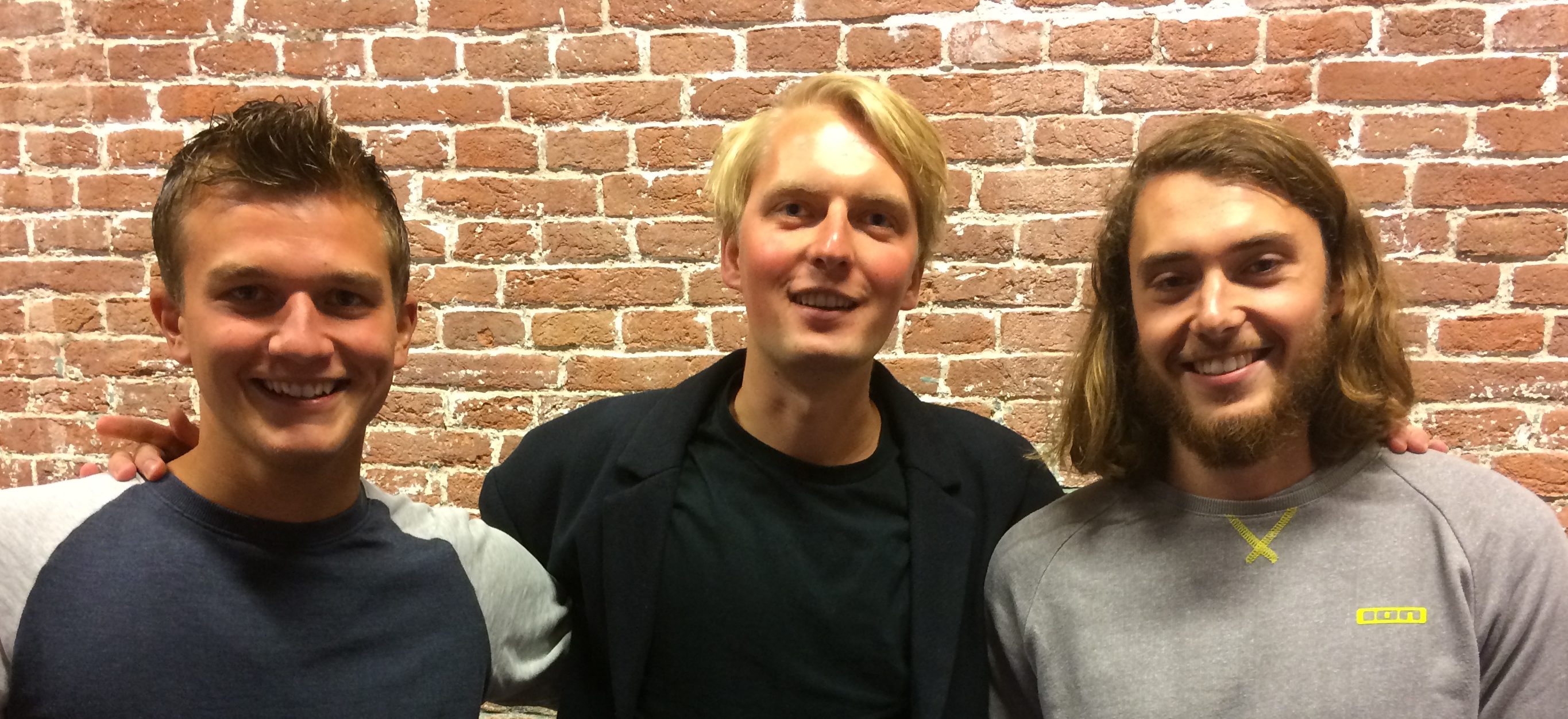Muima Industries
Location
Kisumu, Kenya
Students
Koen Tijhuis
Quentin Vander Cam
Sam van Vuuren
Background information
Muima Industries is a Kenyan factory in the region of Kisumu. They use recycled plastic to create toy cars by means of injection moulding. Wilson Mzungu started this factory in 2003, partly to solve the problem of plastic waste laying around in the streets and partly to generate a stable income. Now the factory counts 11 employees and the goal is to make this number grow so that more families can fulfil their needs. Approximately 600 cars are being produced per day and sold on local markets. Since this year those cars are being sold on the Dutch market too. Because the cars are made from Kenyan recycled plastic they do not fulfil the Dutch toy norms and can therefore not be sold as toys. The cars can however be sold as art, but this makes the product hard to sell on the Dutch market.
Project goals
It is now our task to work with Wilson and his staff with new ideas and our technical knowledge that we acquired during our bachelor at the TU Delft. The three main goals we have for this project are:
- Develop a new and innovative product that is suitable for the Dutch market.
- Make the workplace ready for the production of the new item
- Improve the working conditions in the workspace.
The new product
The new product has to fit in the Dutch market and has to be produced in Kenya. To come up with a suitable project several brainstorm sessions were organised. We concluded that a clock, made from recycled plastic, is a product that fits the profile.
We will look to see who might be interested in buying and selling the clock. We will try to sell it via the Muima web shop and by approaching retailers. With the product we will send a card that tells about the origin of the product. This way the story of Muima can spread throughout the Netherlands which will hopefully lead to more sales.
The workplace
For the production of the new product some adaptations will have to be made to the factory. Possibly this would mean an expansion of the current workspace.
Improving the working conditions is the other point we want to work on. At this point the moulding is taking place in a closed workplace which can be harmful for the health of the employees because of all the plastic gasses being inhaled all day. We will work together to try and make the factory safer for the employees. We will try to combine the improvement of the working conditions and the preparations for the new product. Once on location we will have a clearer view on what can be done.

The building
The goal was to buy all the materials and start the building process with the masons. Right now, we are some days away from finishing the entire building and make it ready for production. Working together with local construction men was quite a challenge. The different barriers we stumbled across were: communication, alcohol and agreements. Communication can be identified as the poor English and the poor plan reading skills. A lot of our precious time was spend explaining the plans and dimensions and supervising the workmen. We had to be present at all times to ensure that everything was done the way we had designed it. Alcohol has been a quite an issue which slowed down the process. It is a common thing to go drinking after payday and not show up to work the next day or show up in bad conditions. Agreements is something that doesn’t have much value in Kenya which led to people coming late or not coming at all, prices changing all of a sudden and conditions changing all the time. Now the building is almost finished the workmen are very proud of the building they produced and it was good to exchange building knowledge with them.
The clock
The goals for the clock was to have a mould and a clock that is ready for the dutch market. The biggest challenge we had with this product was the mould. We did expect this part to be the most challenging but not this hard. Quite early in the project we gave the job to someone who failed to produce it himself and gave the job to someone else who he trusted. This man didn’t follow our agreements and was constantly lying to us so we took the job back. By luck some teacher form a technical institute found Wilson and after meeting him we decided to give him the job. The school owns several CNC milling machines on which he said the mould could come out very well. He delivered the mould in quite a good condition with some details that have to be fixed. The first clock was produced yesterday and didn’t come out as expected.
Continuation
After we leave the mould should be ready to produce Dutch market ready clocks in the new facility that can then be send to The Netherlands. All the production should leave the old factory and move into the new building. The factory is not depending on our aid and will therefor continue producing around 400-600 cars a day for the Kenyan market. With this new facility the production rate should go up and more people can be employed in the future. For a next minor group we wouldn’t know what project there could be except the creation of a new product.
Conclusion
After all that has happened we are proud of what we accomplished in such a short time. Some things could have been done in a better way but we got the most out of the circumstances. Furthermore we all learned a lot by doing all by ourselves and enjoyed our time here well.